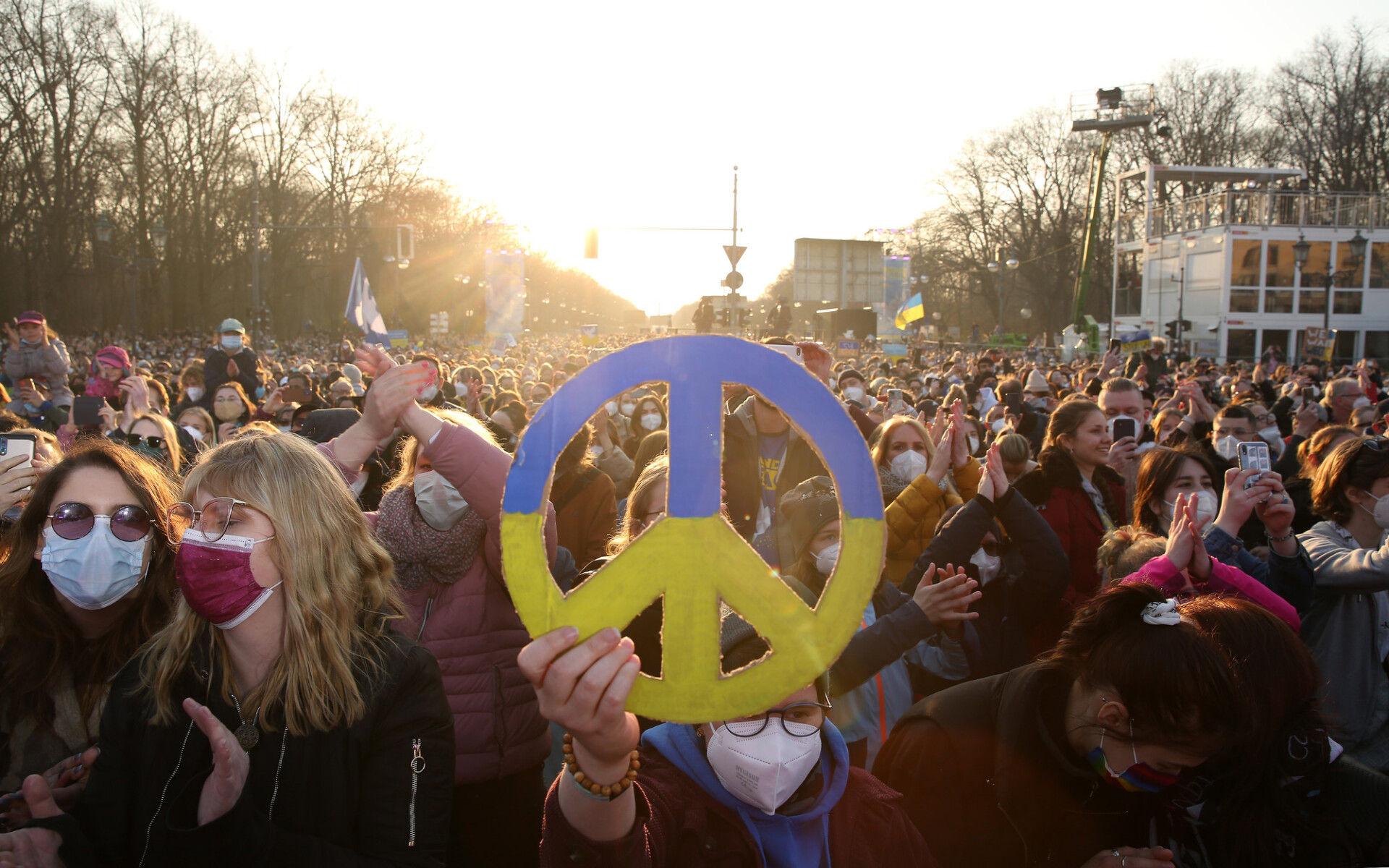It is by now widely accepted that Covid-19 policies had a devastating effect on the mental health of young people. Those days are over, yet the establishment’s assault on the psyche of young people hasn’t let up. If anything, it’s been ramped up, as we’ve moved from figuratively “waging war on the virus” to the need to prepare for an actual war with Russia.
Indeed, a recent youth study published by the German branch of the oil giant Shell revealed an alarming fact: the greatest fear of young Germans is the outbreak of a full-scale war in Europe. According to the study, 81% of young people share this fear. In 2019, the figure was just 46%.
It would be easy to write this off as a natural consequence of the current geopolitical turbulence in Europe. But the truth is more troubling: even though the study doesn’t go into details, it’s clear that young Germans don’t just fear a Nato-Russia war: they specifically fear a Russian attack on Europe at some point in the near future, as some German commentators have pointed out.
This is the result of a relentless and highly irresponsible political-media campaign waged in Germany against Russia over the past years, aimed at demonising the latter — and specifically at inflating the Russian threat against Europe, and Germany in particular. Take this recent Bild headline: “Russia is ready to attack us in 2030!” The article quotes the head of the BND, Germany’s foreign intelligence service, Bruno Kahl, warning about “a direct military threat from Russia — and very soon”.
“By the end of this decade at the latest, Russian forces will probably be in a position to carry out an attack on Nato,” Kahl said. “The Kremlin sees the Federal Republic of Germany as an enemy,” he added, pointing out that Germany is the second largest supporter of Ukraine. No serious person believes that this is a realistic scenario: Russia has neither the means nor the intention to attack Western Europe. Yet young Germans are now being exposed to this kind of geopolitical fearmongering on a daily basis, so it’s hardly surprising that it is having an adverse effect on their mental state.
This is compounded by repeated appeals by the country’s political leadership about Germany’s need to “prepare for war”, with talk of “building up homeland security” and the “eastern front” — and even of reintroducing conscription and compulsory military service. For example, the leader of the centre-right CDU, Friedrich Merz, recently said that “over 700,000 young people per year” need to be “registered” for military service — including women — though he didn’t specify what this would mean in the event of a war.
Meanwhile, the president of the Federal Office for the Protection of the Constitution (BfV) warned of increasing Russian activities in Germany. “We are observing aggressive actions by the Russian intelligence services,” he said, noting that Russian espionage and sabotage in Germany in particular are increasing, “both qualitatively and quantitatively”. He failed to provide any evidence, however.
Ultimately, just as during the Covid era, the German political-media establishment has embarked once again on a full-scale propaganda campaign aimed at stoking a climate of fear — based on irrational, unfounded and ultimately logically baseless claims — for the pursuit of political goals, in this case justifying a new military build-up against Russia. And just as during the pandemic, young people are the ones paying the highest price. Having been robbed of their best years during the pandemic, they are now being terrorised by irresponsible — and potentially self-fulfilling — war propaganda.











Join the discussion
Join like minded readers that support our journalism by becoming a paid subscriber
To join the discussion in the comments, become a paid subscriber.
Join like minded readers that support our journalism, read unlimited articles and enjoy other subscriber-only benefits.
Subscribe